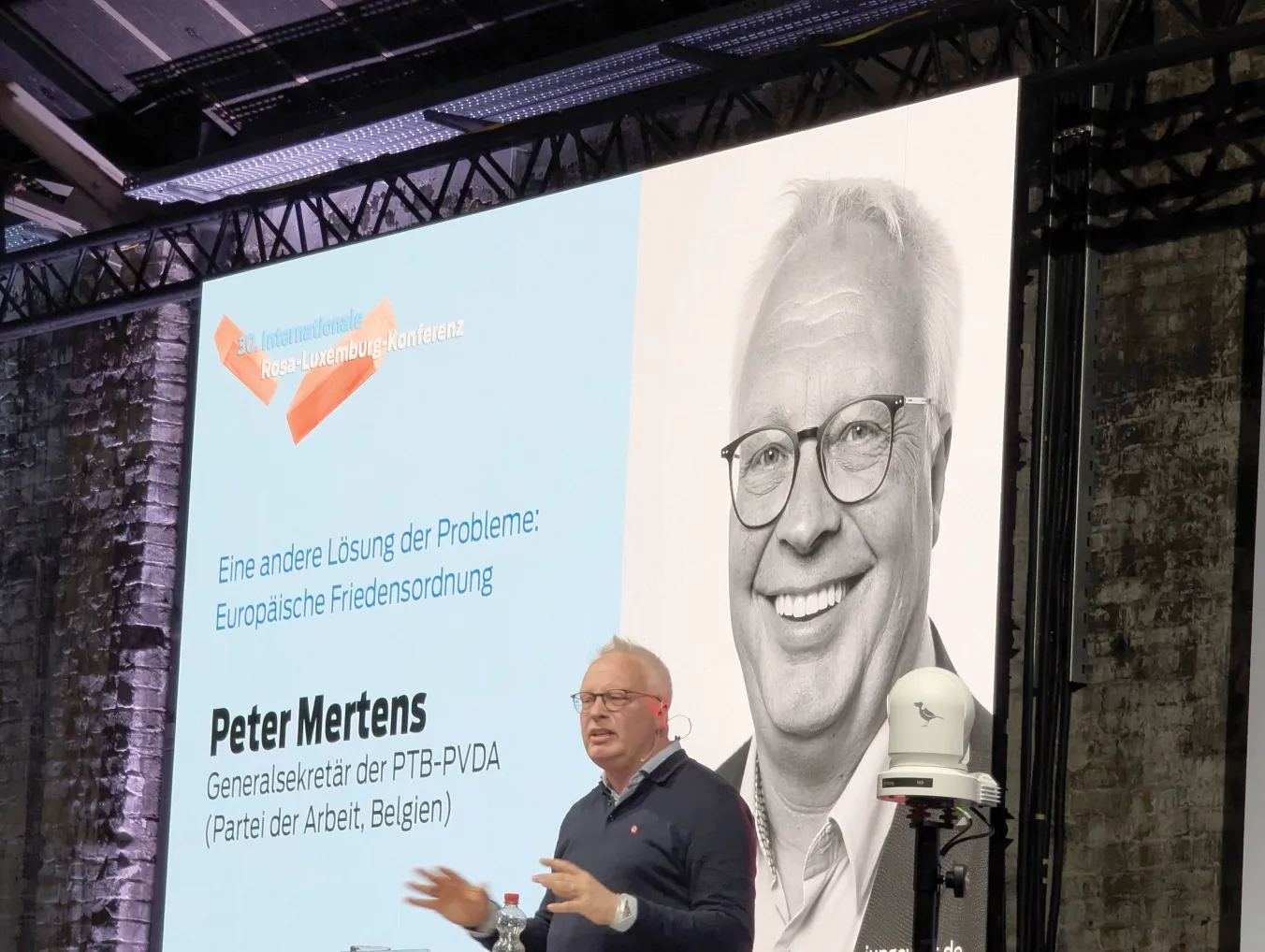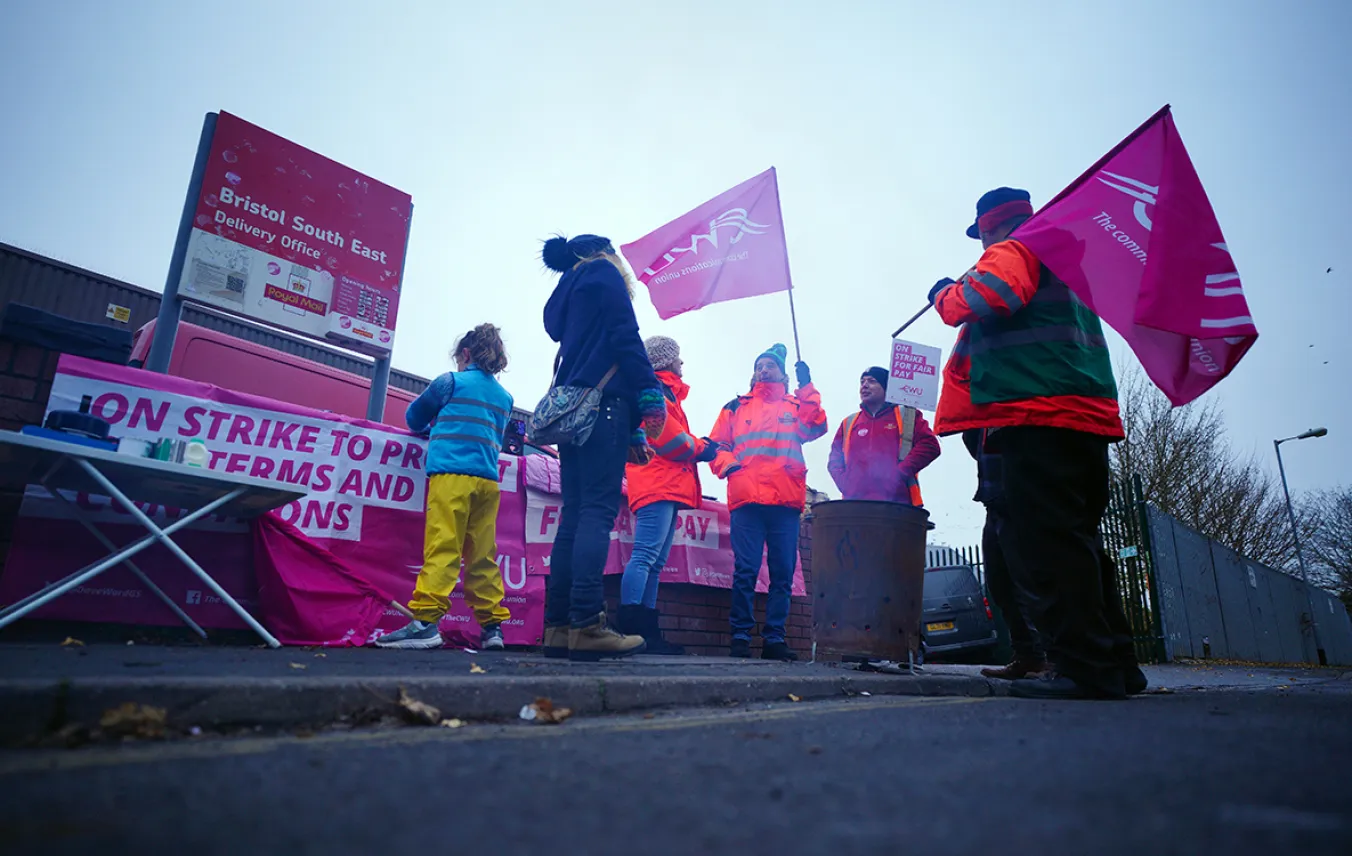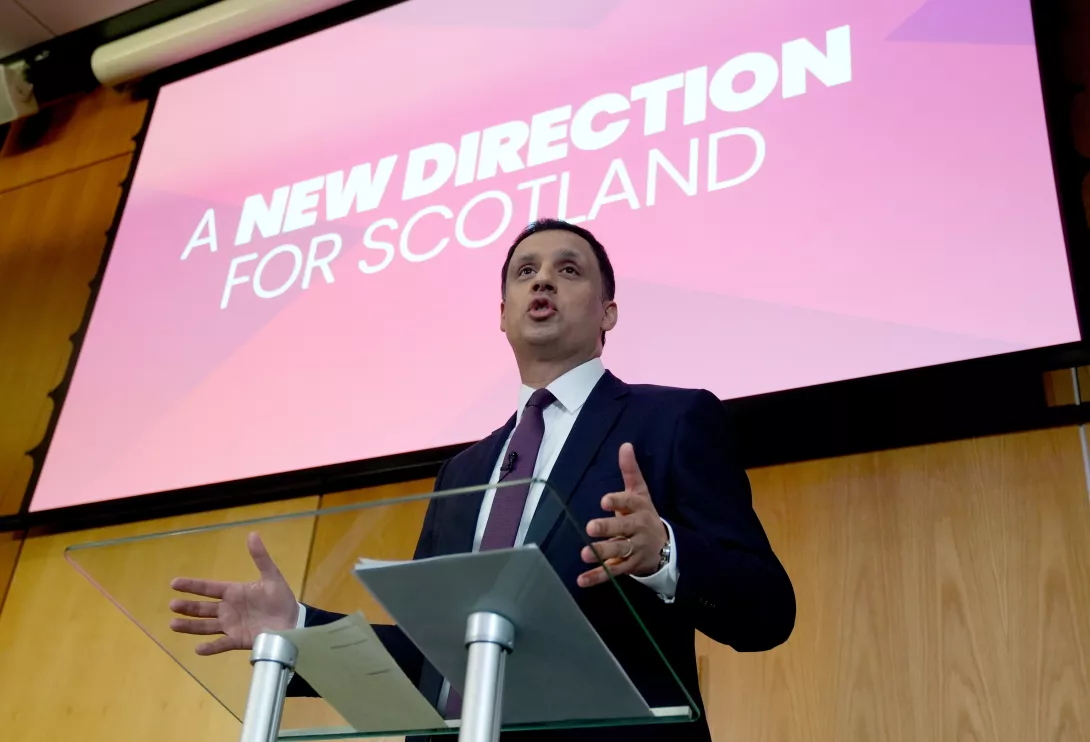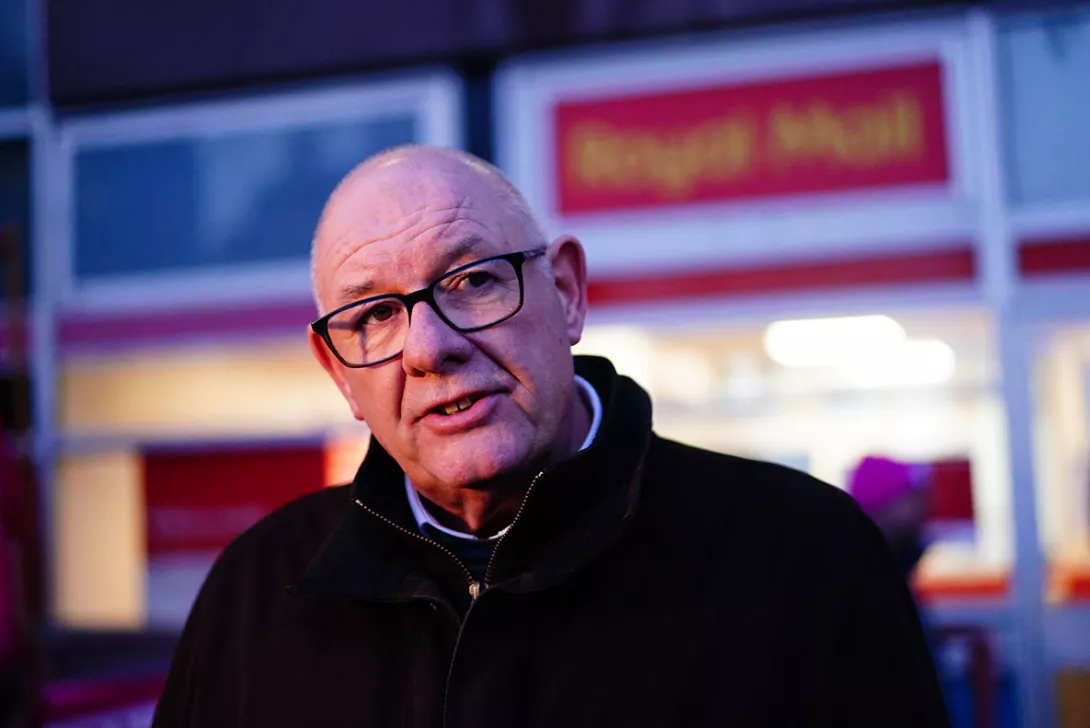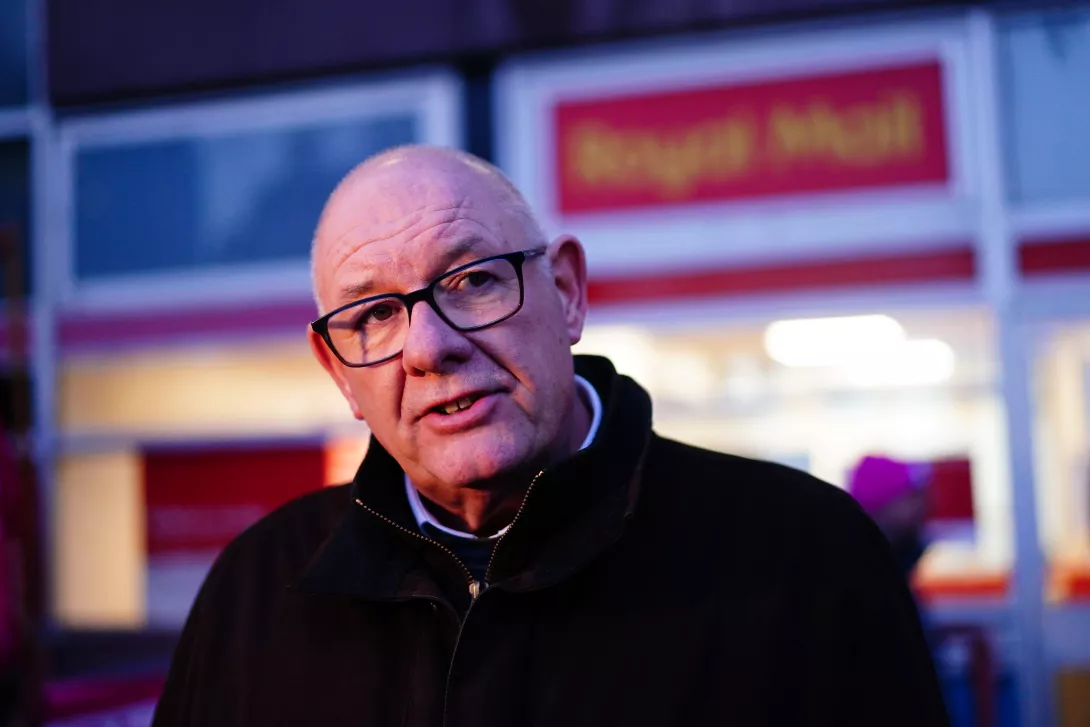
OFCOM’s proposal to take a wrecking ball to the universal service obligation is part of the systematic degradation of essential services in Britain.
Communication Workers Union leader Dave Ward terms it the “manufactured destruction of the postal service.” It sits alongside the managed decline of our railways, the starvation of local government and the creeping debilitation of our NHS. The neoliberal state is a failed state: services are collapsing wherever we look.
Everywhere there are excuses. For Royal Mail, this is the march of technology and the decline of letters. It’s true that the volume of posted letters has halved in the last 12 years alongside the shift to email and texts.
But references to inevitable decline are used to mask the looting of our public assets.
Politicians claim our NHS is unaffordable in its current form, ignoring the role reliance on extortionate private providers, Big Pharma’s drug monopoly and New Labour’s PFI debt play in raising the cost of healthcare. The pursuit of private profit is killing the NHS.
The profit motive is killing our postal system too. Since the Thatcherite consensus took hold in the 1980s, services are not valued for themselves but for how profitable they can be for a corporate “investor.” This has undermined the very concept of a universal service.
These will almost always involve uneven expense. In transport, the RMT union has warned of the threat to “unbundle” ferry services in the Highlands and Islands — when the viability of ferries to the more remote and least populated islands depends on cross-subsidy from busier routes.
The privatisation of bus services demonstrates what happens when this model is abandoned: the corporate “investors” grab the most profitable routes, ratcheting up prices; others disappear, unless the public bribes the bus company with subsidies no longer mitigated by the lost profitable routes. Services decline to one or two a week if they survive at all. Many British villages are no longer accessible at all without a car.
Royal Mail’s universal service obligation was established on the same principle. Everyone should be able to send mail to any part of the country for a fixed price, the larger volumes in big cities subsidising the smaller postbags headed to rural locations, with a first-class stamp guaranteeing next-day delivery.
Despite the decline in letters, the model remains viable. Post is not in decline, as the colossal fortune amassed by delivery mogul Jeff Bezos and his Amazon empire shows. The rise in online shopping has driven a steady increase in parcel post.
Royal Mail privatisation was always intended to split this profitable sector off while running the rest of the service into the ground. Dogged resistance by the CWU has prevented such a split so far, and without it Royal Mail can still make money, as it showed with its £700 million operating profit in 2021 — rapidly squandered in shareholder dividends before bosses went to war with their workforce, pleading bankruptcy.
The CWU has repeatedly set out the alternative. The key community role of postal workers was demonstrated in the pandemic. The company has an unrivalled delivery infrastructure and a trained and trusted professional workforce.
Innovation would allow it to develop new services, remain the default delivery service without recourse to Amazon-style rock-bottom pay and conditions, and manage technological change without ripping the heart out of the universal service obligation with three-day-a-week delivery or an end to Saturday post.
Our parasitical corporate class are incapable of innovation and averse to investment. All they can do is suck the wealth out of a once healthy organisation and discard what’s left.
We need not stand for it. In an election year, amid a historic strike wave, we should prepare campaigns up and down the country to call a halt to the politics of perpetual decline.
Politicians must be told: we want our services back.
